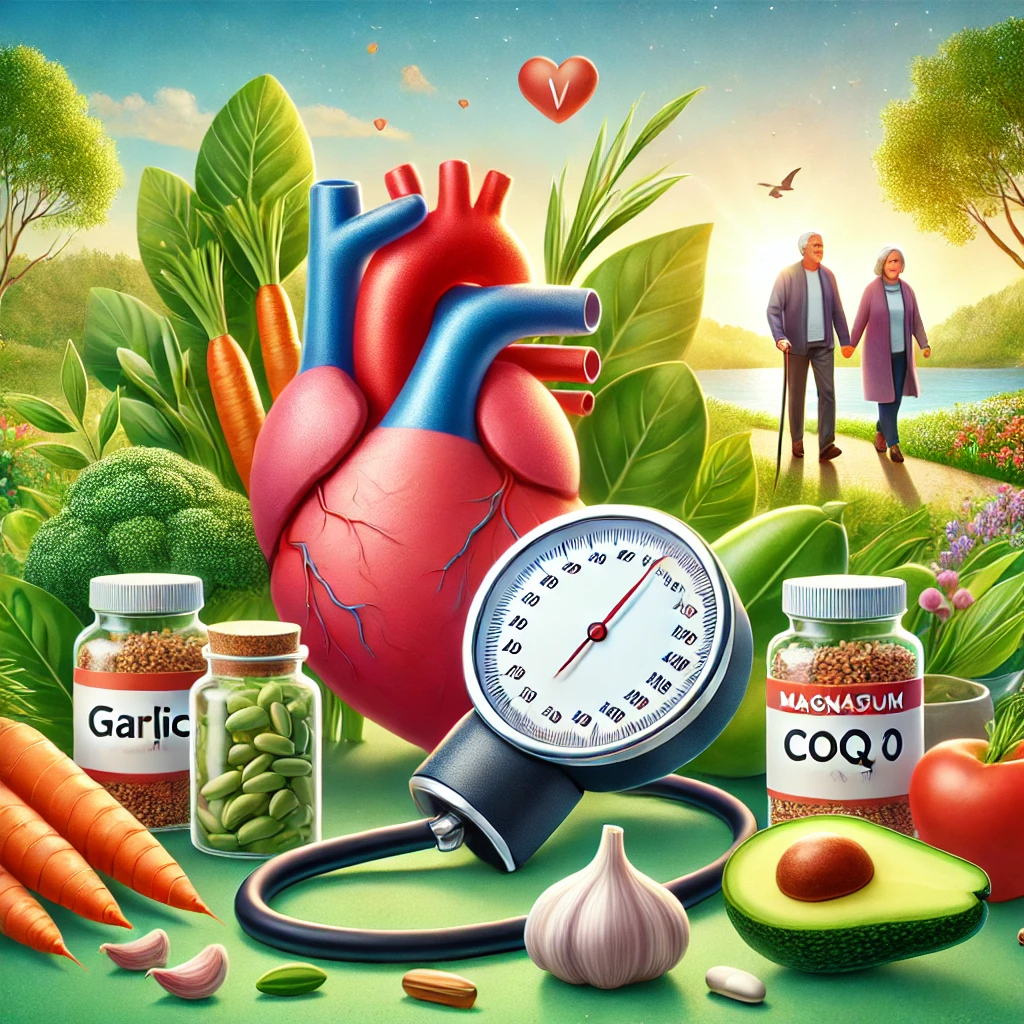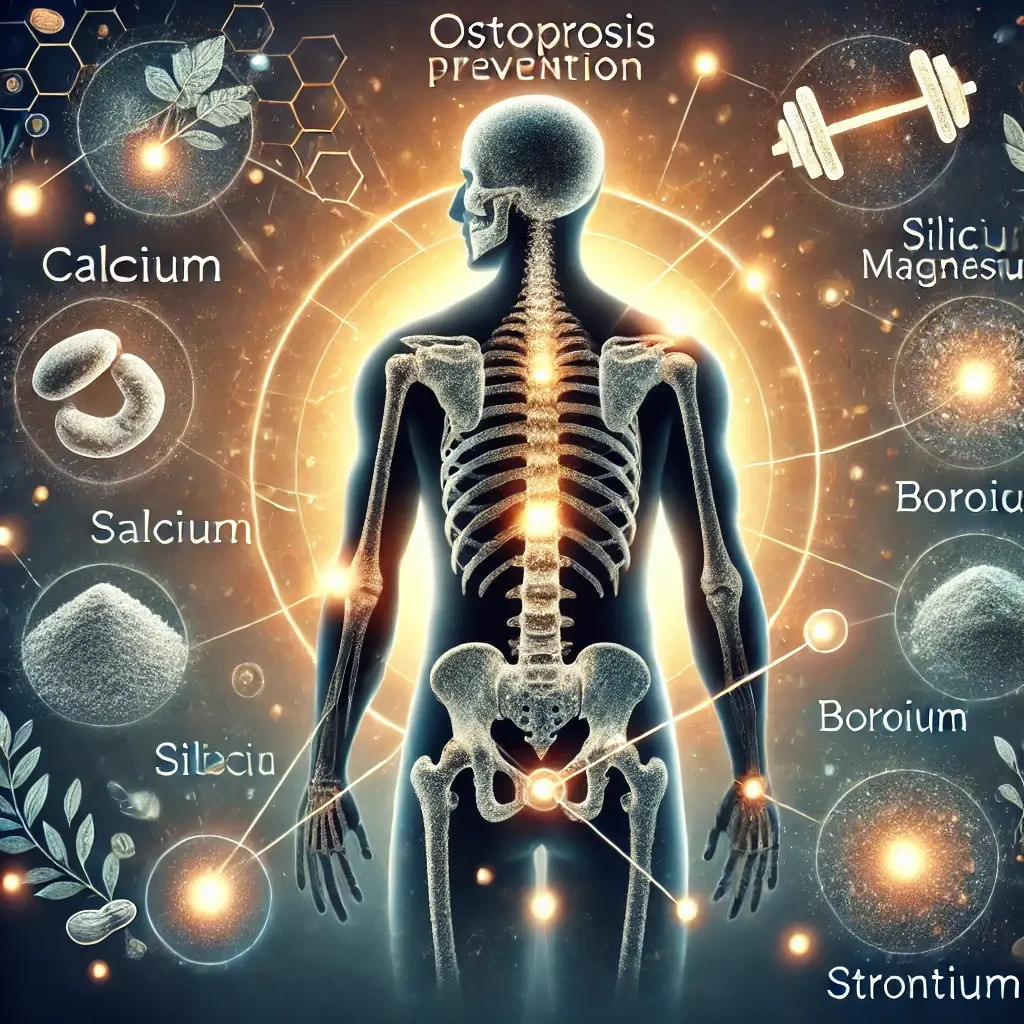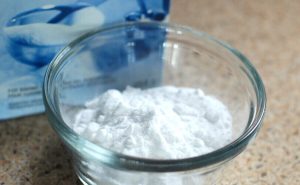Alternative Treatments for Chronic Diarrhea
Various natural remedies are available for recurrent diarrhea. While some general information is accessible, chronic diarrhea (defined as more than two days) should be evaluated by a doctor because it may signal a more serious underlying problem.
Here are some general ideas for coping with diarrhea at home:
Consume plenty of fluids, such as water, broth, and electrolyte-rich beverages
To avoid dehydration, consume plenty of fluids, such as water, broth, and electrolyte-rich beverages. Avoid liquids containing caffeine or alcohol, as they may worsen dehydration.
Diarrhea is a sign of a malfunctioning digestive system. Thus, it’s better to eat bland foods while unwell. Many patients with diarrhea have found relief by adopting the BRAT diet. The diet consists of four essential components: bananas, rice, applesauce, and bread. These foods are well-known for their ease of digestion and ability to firm up stools.
Diarrhea causes you to lose a lot of fluid, which can deplete your potassium levels. Bananas are an excellent way to replenish this mineral. Bananas’ soluble fiber can help with diarrhea symptoms by absorbing water and firming up stools.
Soluble fibers such as pectin can help with diarrhea symptoms
The BRAT diet also contains rice, which is an essential food. Plain white rice has two benefits: it is easy to digest and can absorb excess water in the digestive tract, which may lead to fewer bowel movements. Although brown rice is not typically recommended for the BRAT diet, it is a rich source of nutrients that can aid digestion and overall health due to its greater fiber content and other benefits.
Applesauce is a popular BRAT diet food due to its high pectin content. Soluble fibers such as pectin can help with diarrhea symptoms by making stools more solid. Applesauce offers numerous health benefits, including being an easily digestible source of potassium and vitamin C.
BRAT diet can alleviate discomfort and firm up stools
Lastly, the BRAT diet recommends bread since it is easy to digest and has no fiber. Besides giving energy to combat the weariness that often comes with diarrhea, toast can help absorb excess digestive system fluid.
There is no recognized cure for diarrhea. However, the BRAT diet can alleviate discomfort and firm up stools. Remember that the BRAT diet is not a permanent solution to gastrointestinal issues; it should only be used for a limited time. Seek medical attention immediately if the diarrhea does not improve or you have additional symptoms like fever or severe stomach discomfort.
Gastrointestinal distress
Avoid oily, spicy, or high-fiber foods since they irritate your digestive tract and worsen diarrhea. Rest well. Make sleep a top priority for your body’s recovery. These are only a few basic possibilities; many natural remedies have shown the potential to ease.
Probiotics are living microorganisms that can help restore a healthy gut flora balance. When searching for probiotics, look for ones that contain Bifidobacterium bifidum or Lactobacillus acidophilus.
Ginger’s anti-inflammatory properties make it an effective tool for treating gastrointestinal upset. Raw ginger, ginger tea, and ginger tablets are all acceptable alternatives.
If you have severe or chronic diarrhea, see a doctor
Peppermint oil might help relieve stomach cramps and soothe the muscles in your digestive tract. One alternative is to consume peppermint capsules, while another is to dilute peppermint oil with a few drops in a glass of water. Chamomile tea’s calming properties aid in relieving diarrhea. Psyllium husk, a type of fiber, can thicken stool and make it easier to pass. Remember that these natural remedies should not be used as a substitute for professional medical care. If you have severe or chronic diarrhea, see a doctor to rule out any significant or continuing medical conditions.
Some additional concerns are as follows: Consult your doctor before taking any over-the-counter diarrhea medication. If you have an illness, these medicines may exacerbate the situation by lowering the frequency and volume of bowel motions. Seek medical attention immediately if you see any redness or swelling in your stools, severe stomach pain, or a high temperature. If these symptoms persist, they could indicate a severe medical condition.













